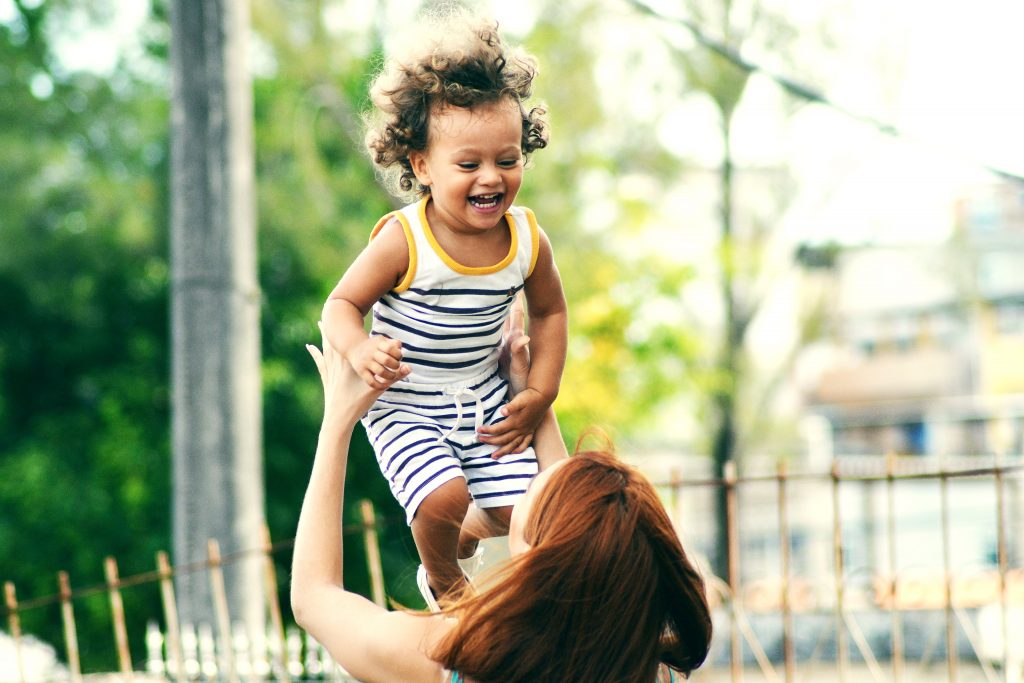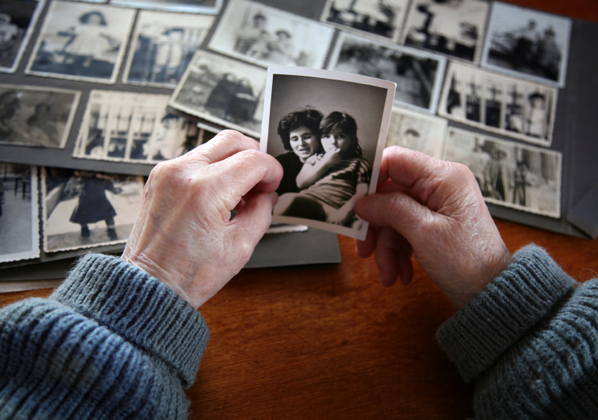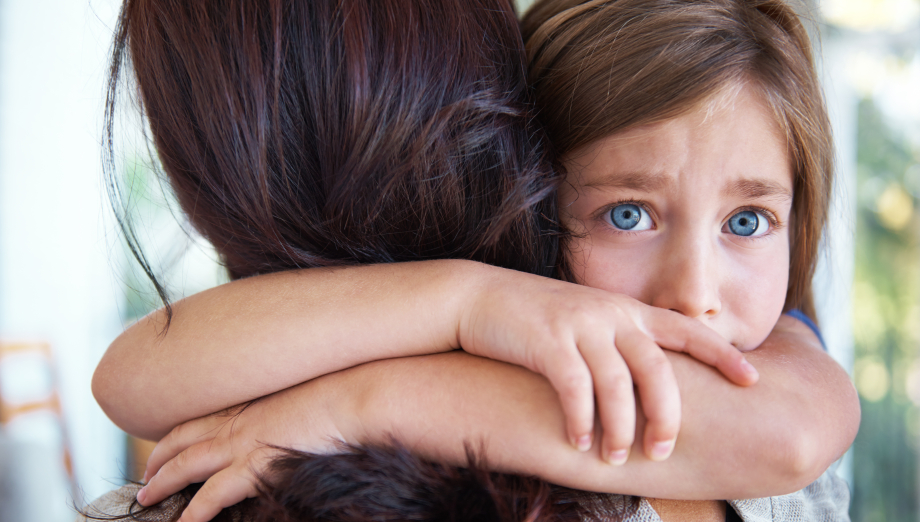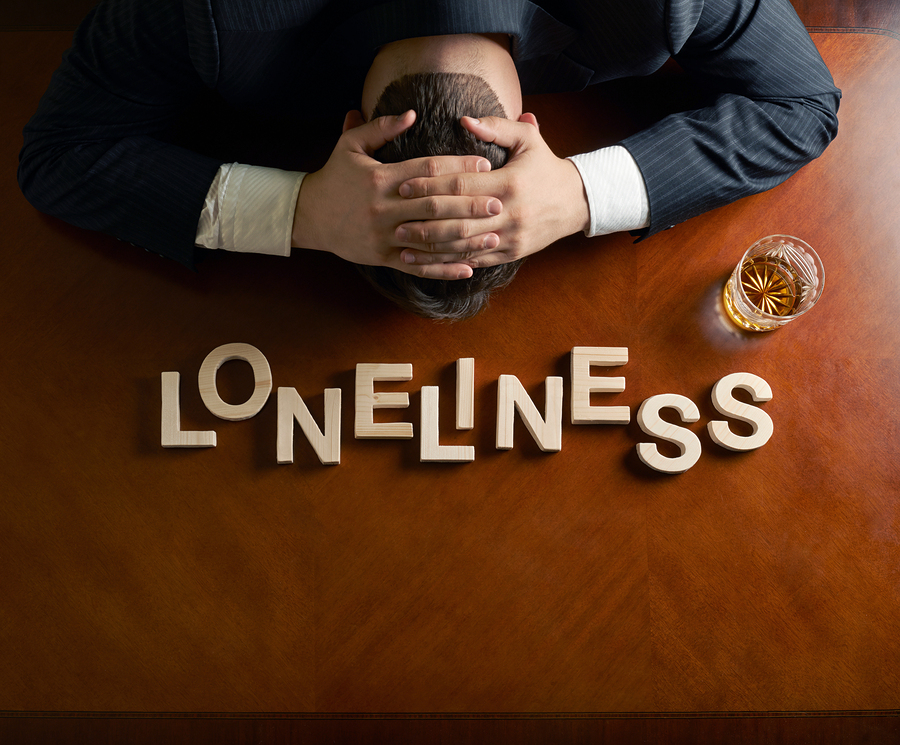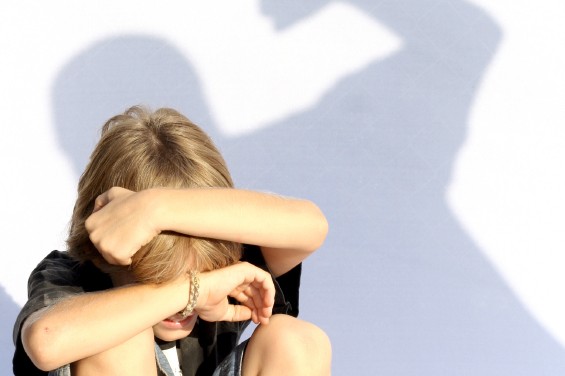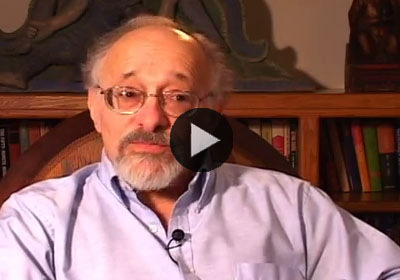What is Pulling Your Strings?
…ur son’s failing grade. It may also show up when we find ourselves getting disorganized in the presence of someone expressing anger, making a certain gesture or facial expression. This can prompt reactions on our part that can interfere with how we manage, negatively impacting our relationships and catching us by surprise. Finally, another element that may be a string pulling at us can be how we experience different streams of information that com…
Learn More
